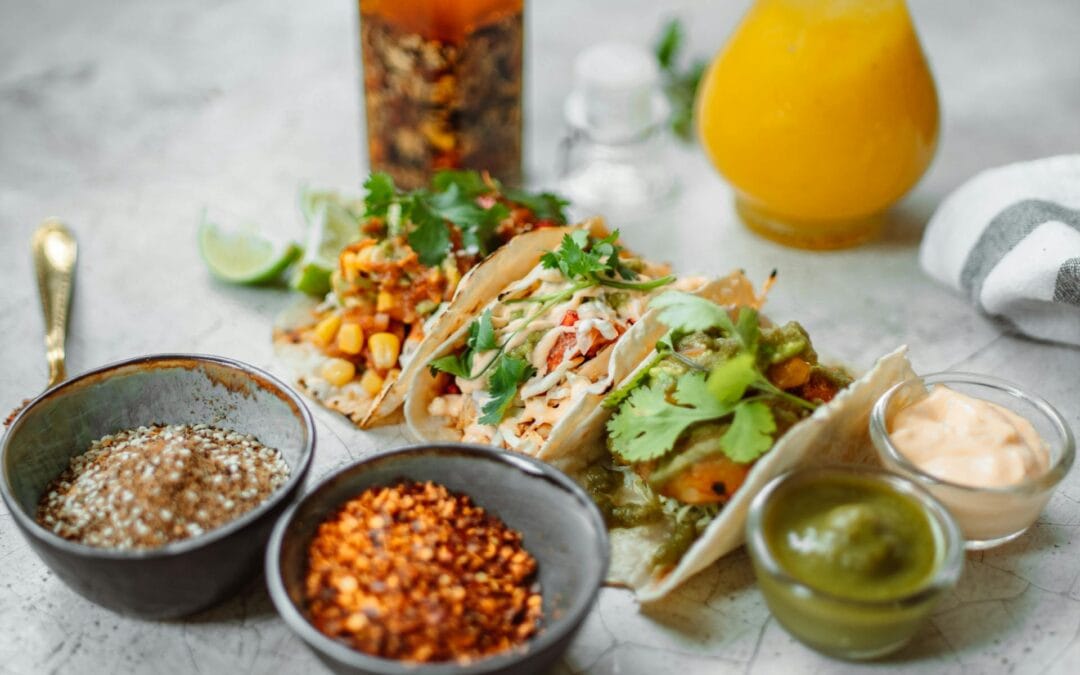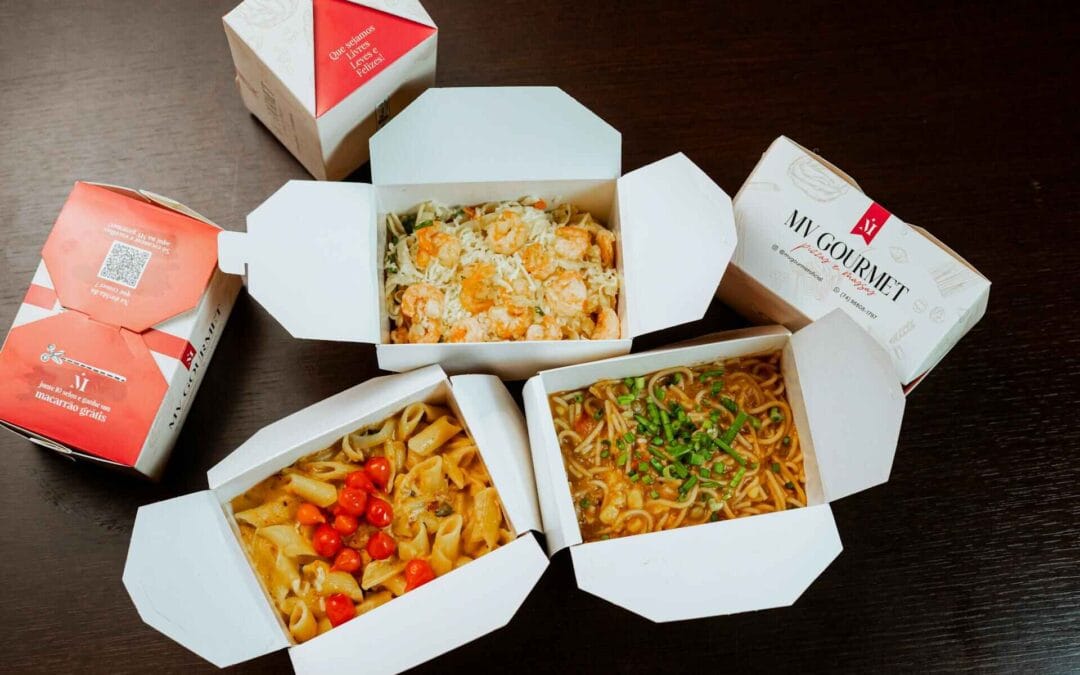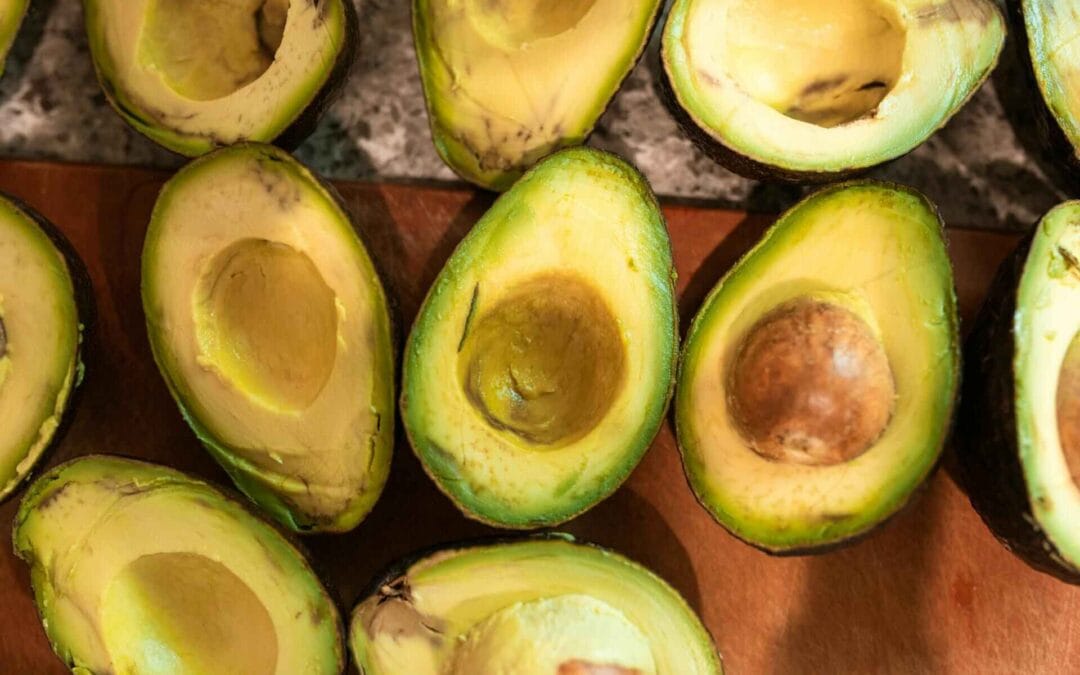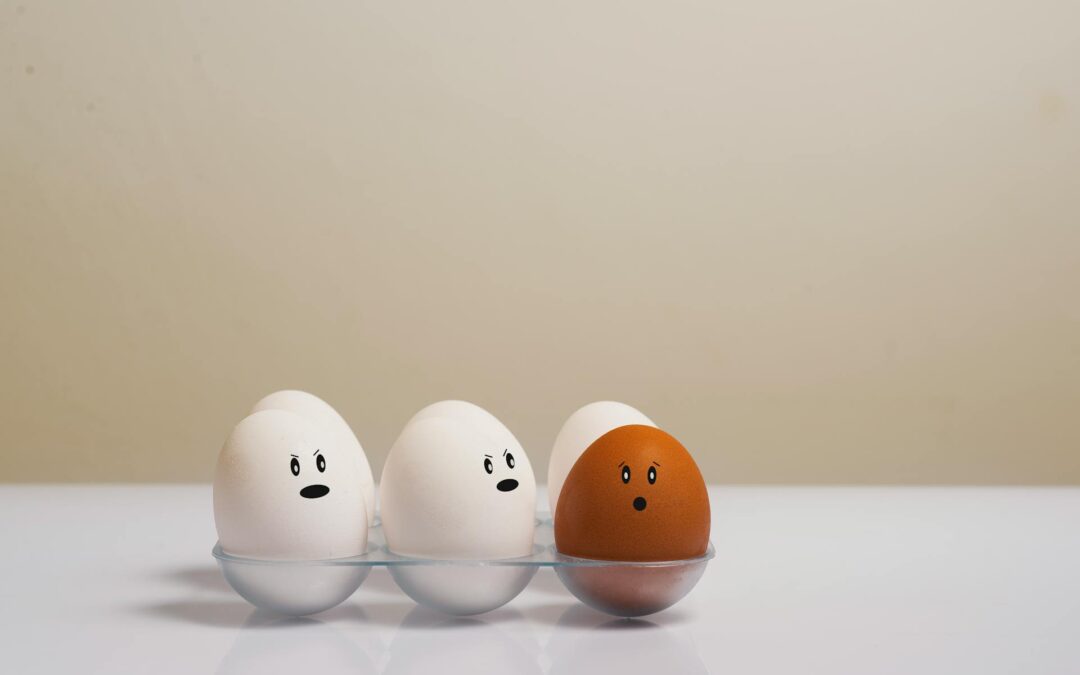Low carb diets have been linked to several health advantages, including improved blood sugar and lipid levels and weight loss. (1)
Though there are many different types of low carb diets, some more restrictive than others, all low carb eating plans involve reducing the consumption of high-carb foods, such as grains and starchy vegetables, while prioritizing carb-free foods, such as non-starchy vegetables and protein sources like fish.
You should know which items to prioritize if you’re on a low carb diet or want to transition to a lower-carb diet.
Here are 25 nutritious low carb foods and helpful tips for those following low carb eating patterns.
1. Artichokes
Prioritizing fiber-rich, low carb foods is a smart way to stay healthy and keep your digestive system moving when following a low carb diet. Artichokes are packed with fiber, providing 6.84 grams per cooked medium artichoke. The same serving contains only 14.4 grams of carbs, making it a good choice for people on low carb diets. (2)
Additionally, artichokes are high in vitamin C, folate, and other nutrients essential for overall health.
2. Avocado
Avocados are low carb, high-fiber fruits used in low carb eating plans, such as the keto diet. Half of an avocado has 6.75 grams of fiber and 8.5 grams of carbs. They also include a variety of vitamins and minerals, including folate, potassium, and magnesium, as well as vitamins C and E. (3)
Furthermore, avocados contain antioxidant components like carotenoids, which can help protect cells from oxidative damage. (4)
3. Eggs
Eggs are a low carb staple because they are high in protein and healthy fats while low in carbs. One big egg has 6.3 grams of protein, 5.3 grams of fat, and less than 1 gram of carbs. Eggs are high in vitamin A, B12, selenium, and several other minerals. (5)
Egg yolks, the most nutrient-dense component of an egg, contain all vitamins except vitamin C. Eggs may be combined with low carb veggies and cheese to create a high-protein, low carb, full breakfast. (6)
4. Asparagus
Asparagus is another low carb vegetable with an excellent nutritional profile. A one-cup portion of cooked asparagus includes just 7.4 grams of carbohydrates but offers 15% and 67% of the Daily Value (DV) for vitamin C and folate, respectively. (7) It also contains potent antioxidants like glutathione and quercetin, which can enhance your body’s natural antioxidant defenses. (8)
5. Peppers
If you’re looking for a low carb vegetable that is good for your skin and immune system, look no further than peppers. Peppers are low in carbs and one of the most significant sources of vitamin C, a nutrient needed for immune function and collagen formation. One big sweet red pepper offers just 5.5 grams of carbs yet covers almost 130% of the DV for vitamin C. (9) (10)
6. Fish
Selecting meals high in healthy fats yet low in carbohydrates is critical when following a high-fat, low carb diet, such as the keto diet. Fish, particularly fatty fish like salmon, sardines, and trout, are high in omega-3 fats like docosahexaenoic acid (DHA) and eicosapentaenoic acid (EPA), which play critical roles in health, including inflammatory regulation. All fresh seafood is low in carbohydrates and high in protein, making fish and shellfish a good choice for individuals following a low carb diet. (11)
7. Cauliflower
Cauliflower is frequently used as a low carb alternative to grains and grain products. Cauliflower, for example, may be finely chopped and used instead of white rice in stir-fry recipes. One cup of cooked cauliflower provides just 5.1 grams of carbs and 28.6 calories, but is abundant in minerals such as folate and vitamin K. (12)
8. Brussels Sprouts
Though Brussels sprouts aren’t the most popular vegetable, they’re incredibly healthy, low in carbohydrates, and tasty when prepared properly. Brussels sprouts can fit into almost any low carb diet since they are naturally low in carbohydrates and high in fiber, with six grams of fiber and 14.4 grams of carbs per cooked cup. (13)
Brussels sprouts are low in carbohydrates and high in healthy chemicals like carotenoids and sulfur-containing substances known as glucosinolates, which have potent antioxidant activity and may protect your cells from oxidative damage. If you haven’t had Brussels sprouts before, try them roasted with olive oil, salt, and pepper, or raw and thinly sliced in a salad. (14)
9. Unsweetened Coconut
Coconut is a high-fiber, low carb food frequently included in low carb recipes. Coconut flour and flakes may be used to produce low carb baked items or added to other recipes to boost fiber and fat content.
A one-ounce portion of unsweetened dry coconut meat has 6.69 grams of carbs, 4.62 grams of fiber, and 18.3 grams of fat. (15) This is why coconut is popular among those following the very low carb keto diet. Just buy unsweetened coconut items, as sweetened coconut flakes can be highly carbohydrate-laden.
10. Mushrooms
Including mushrooms in your diet can help you get enough fiber, potassium, and selenium, a mineral required to make selenoproteins, which protect cells from oxidative damage and are necessary for thyroid hormone production. (16)
Mushrooms are high in fiber and low in carbs, with one cup of cooked white button mushrooms containing 3.43 grams of fiber and 8.25 grams of carbs. (17)
11. Collard Greens
Collard greens are among the most nutritious greens you can incorporate into your diet. Collard greens are low in carbohydrates but high in fiber, calcium, vitamin K, and other vitamins and minerals.
One cup of cooked collard greens has 5.59 grams of fiber, over 20% of the DV, and just 7.5 grams of carbs. (18) Add chopped collard greens to soups and stews, or sauté them in olive oil for a healthful side dish.
12. Raspberries
Raspberries are one of the lowest-carb fruits you can consume. They’re also substantial in fiber and other essential minerals like vitamin C, manganese, and vitamin K, as well as a range of potent antioxidant plant chemicals, including anthocyanins and ellagitannins. (19)
A 1-cup portion of raspberries has 9.75 grams of fiber, which accounts for roughly 35% of the daily value for fiber, presently set at 28 grams, and 17.8 grams of carbs, which is low for fruit. (20) (21)
13. Chia Seeds
Despite their tiny size, chia seeds are highly nutritious. These small seeds are abundant in fiber, calcium, iron, and magnesium, and they may be safely incorporated into low carb diets, with only 11.9 grams of carbs per ounce. (22)
Many people on low carb diets fail to satisfy their daily fiber requirements, which can raise the risk of adverse effects such as constipation. Including high-fiber foods, such as chia seeds, in low carb diets can help support digestive health and ensure your body gets enough fiber to be healthy. (1)
14. Poultry
Poultry products such as chicken, turkey, and duck are popular in low carb diets because they are carb-free if not marinated or coated with carb-containing ingredients.
Including protein-rich foods in your diet, such as chicken and turkey, can help increase feelings of fullness after meals, promoting healthy weight reduction. Protein is also required for muscle upkeep, immunological function, and other critical bodily activities. (23)
15. Pecans
Nuts and seeds have varying carbohydrate levels, making certain nuts a better choice for low carb diets. Pecans have fewer carbohydrates than most other nuts, with just 3.94 grams per ounce. (24)
Pecans make a fantastic low carb snack, high in fiber, vitamins, and minerals such as thiamine, magnesium, phosphorus, and zinc. They’re also substantial in good fats, which is excellent for folks who follow low carb, high-fat diets like keto. (24)
16. Macadamia Nuts
Macadamia nuts, like pecans, are low in carbohydrates but abundant in other minerals beneficial to general health, such as manganese, thiamine, and copper. Macadamia nuts have 3.91 grams of carbs per ounce, identical to pecans. (25)
Macadamia nuts can be eaten as a low carb snack or minced in a food processor and used as a low carb breading for protein sources such as fish and poultry.
17. Red Meat and Organ Meats
Red meat and organ meats, such as liver, can be consumed on a low carb diet. These meat products are low in carbohydrates but high in protein and critical elements such as B12 and iron, all required for healthy red blood cell synthesis. A 3-ounce steak has 0 grams of carbs and 23.8 grams of protein, making it a satisfying option for low carb dieters. (26)
18. Almond Flour
Avoid high-carb baked foods like bread and cake if you’re on a low carb diet. However, you may prepare low carb baked items with low carb flour substitutes such as almond flour.
Almond flour has just 5.99 grams of carbs, much less than the 23.85 grams contained in the same amount of all-purpose flour. (27) To make low carb baked products, combine almond flour with eggs and monk fruit.
19. Turnips
Turnips may be cooked and mashed to provide a delightful, low carb alternative to mashed potatoes. A 1-cup portion of mashed turnips has 11.6 grams of carbs, 25.4 grams fewer than the same serving size of homemade mashed potatoes. (28) Besides being low in carbohydrates, turnips are high in vitamin C and potassium.
20. Cacao Nibs
Cacao nibs are little particles of crushed cacao beans with a deep chocolate taste. Unlike most chocolate products, Cacao nibs are 14 grams per ounce, low in carbohydrates. This is because cacao nibs are unsweetened. Cacao nibs are also highly nutritious and abundant in antioxidants such as the flavonoids catechin and epicatechin, which have potent antioxidant capabilities. (29)
Try using cacao nibs in low carb sweets like monk fruit-sweetened chocolate avocado pudding.
21. Cheese
Cheeses, such as cheddar and goat cheese, are low in carbohydrates but high in protein, good fats, and minerals like calcium. Cheese may be added to foods to increase their protein and fat content, which benefits people on low carb diets such as the keto diet.
A one-ounce portion of cheddar cheese has 6.78 grams of protein, 9.46 grams of fat, and less than one gram of carbs.
22. Olives
Olives are salty, low in carbohydrates, and high in healthy fats and fiber, making them an excellent snack option for those on low carb diets.
Olives have 1.29 grams of carbs per ¼ cup serving, making them suitable for adding flavor to salads, fish and meat meals, snack boards, and other low carb recipes without increasing carb load. (30)
23. Oils
People who follow high-fat, low carb diets, such as the keto diet, must consume good fats daily to achieve and sustain ketosis. Oils, such as coconut and olive oil, are carb-free, making them popular among keto dieters.
Choosing healthy fats, such as antioxidant-rich olive oil, can also improve heart health. Olive oil includes antioxidant components such as polyphenols, which help guard against atherosclerosis, a medical term for the accumulation of plaque in the arteries that raises the risk of heart disease. (31)
24. Protein Powder
Protein powders are an excellent method of increasing protein consumption, particularly for those following a plant-based diet. Unfortunately, many plant-based proteins, such as beans and lentils, are heavy in carbohydrates, making it challenging for persons following plant-based, low carb diets to achieve their protein requirements while reducing their carb intake.
Unsweetened protein powders, such as pea protein powder, typically contain around 20 grams of protein and less than two grams of carbs per serving. (32) Protein powders can be used in low carb desserts, soups, smoothies, and other foods to increase protein content without increasing carbohydrate intake.
25. Blackberries
Blackberries, like raspberries, are low in carbohydrates but abundant in fiber, vitamins, and minerals. Slightly one cup of blackberries includes 13.8 grams of carbs and slightly under eight grams of fiber, accounting for 28.5% of the daily requirement for this crucial nutrient. (33)
Blackberries are exceptionally high in folate, vitamin K, vitamin C, and manganese, a mineral required for energy metabolism and immunity. (34)
Who Might Consider Low Carb Foods?
Anyone can enjoy low carb foods as part of a healthy diet, but they should make up the bulk of low carb dietary patterns, such as the keto diet.
Low carb meals can also benefit people with diabetes since they have a lower influence on blood sugar levels than high-carb foods. (1)
Here are a few more reasons a person may desire to include more low carb foods in their diet: (1)
- To promote ketosis
- To control high blood sugar levels
- To support weight loss
- To help reduce triglyceride levels
People with certain medical disorders, such as epilepsy and polycystic ovary syndrome (PCOS), may also benefit from switching to a low carb diet. (1)
Total vs. Net Carbs
The phrase “net carbs” refers to the quantity of carbohydrates remaining after deducting the total fiber content and half the amount of sugar alcohol in a particular meal or food product.
Net carbs are supposed to be the carbohydrates that your body absorbs. However, the FDA and the American Diabetes Association do not recognize net carbs, and it is uncertain if calculating net carbs is more effective than measuring total carbs in meals. This is due to unique digestive reactions and the variable contributions of fiber and sugar alcohols to total carb levels. This is why the American Diabetes Association advised persons with diabetes to count the total amount of carbohydrates present in food rather than net carbs. (35)
The Bottom Line
Low carb diets, which emphasize low carb foods, have been linked to various health advantages, including reduced blood sugar levels and weight loss.
People on low carb diets can pick from meals high in vital nutrients such as protein, fiber, healthy fats, vitamins, and minerals.
Pecans, seafood, cheese, avocados, olive oil, and Brussels sprouts are some healthful, low carb foods that may be consumed while on a low carb diet.







0 Comments